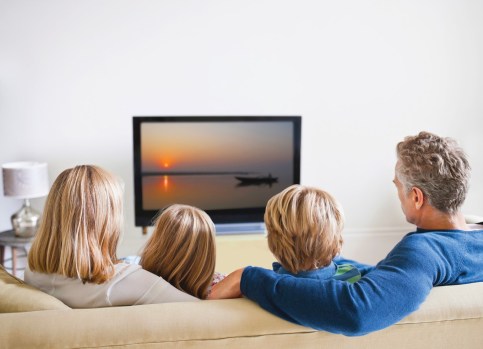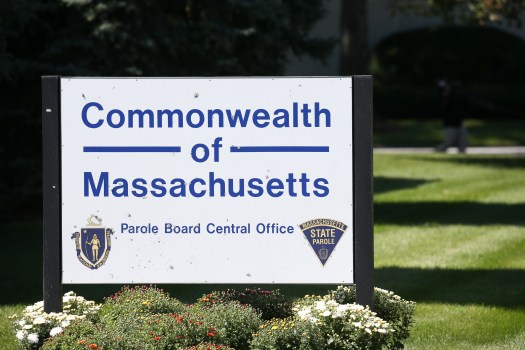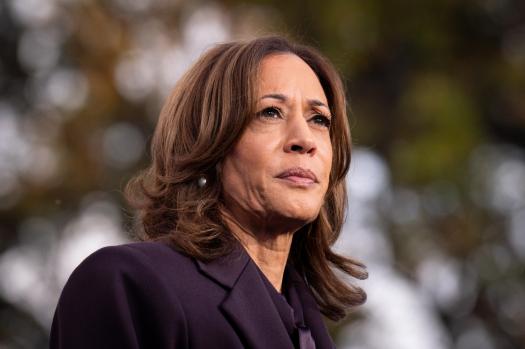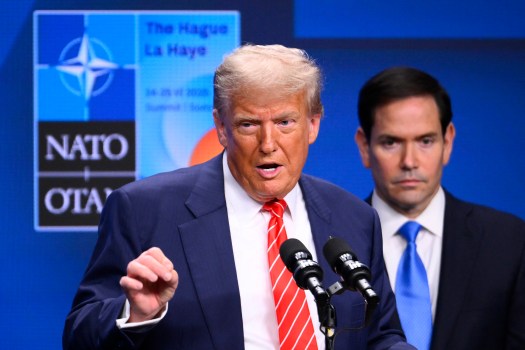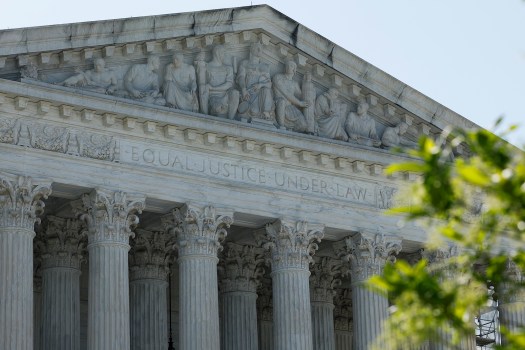Massachusetts is imposing a new levy on consumers as the Bay State emergency shelter bill remains close to $1 billion for another year as beacon hill considers expenditure increases in the FY26 budget.
How coincidental.
According to State House News, Revenue Commissioner Geoffrey Snyder has ordered that the sale or rental of any cable box device that is capable of more than just connecting a cable system to a TV broadcast receiver and enabling parental controls be subject to the state’s 6.25% sales tax. This implies that the tax is now applied to cable boxes with DVR capabilities or other features like the capacity to connect to well-known streaming services.
Since they were deemed to fall under a statutory exemption for items consumed or used directly and exclusively in the operation of commercial television transmission, they were exempt in 2008 when DOR issued a directive declaring that sales and rentals of cable television converter boxes to Massachusetts cable television customers are exempt from sales and use taxes.
However, streaming services and packages are now overtaking cable TV, and so-called smart TVs make it easy to browse the internet with a clicker.
TV and how we view it have evolved along with technology. However, why should viewing habits result in the loss of a tax exemption? The programs we access differ, but the converter boxes, set-top boxes, and cable system terminal devices are all the same.
Naturally, this cash grab will provide customers who were searching for an excuse to cut the cable cord with one last excuse.
A growing number of customers have stopped using cable because they are tired of paying exorbitant fees. Only three cable networks—Fox News, ESPN, and MSNBC—averaged more than one million viewers during prime time in 2024, according to Variety, which cited Nielsen data. Additionally, in 2023, they were the only three cable networks to average more than one million prime-time viewers. On the other hand, 19 cable networks had reached the one million viewer milestone in 2014.
Massachusetts wants a piece of the lucrative and well-liked streaming services. However, those who are eager to increase state revenue appear to have forgotten that streaming TV is available without cable. Customers can sign up for their preferred live TV streaming services, like Hulu, YouTube TV, and others, using a smart TV, Roku, Amazon Fire TV Stick, or Apple TV. There are several on-demand options available.
Customers in Massachusetts now have a choice: either pay a higher tax or stop using cable.
The tax is associated with the latter option.
However, some people are stuck in the middle, just like with every broad tax change. Viewers without smart TVs, Fire Sticks, or other high-tech devices, such as the elderly and those with lower incomes, are at a disadvantage. They will still be subject to the new tax even if they reduce their channel package in order to save money.
This is a poor decision for state authorities who claim to care for the poor.
Lawmakers in Massachusetts ought to get together and ignore the cable tax.
